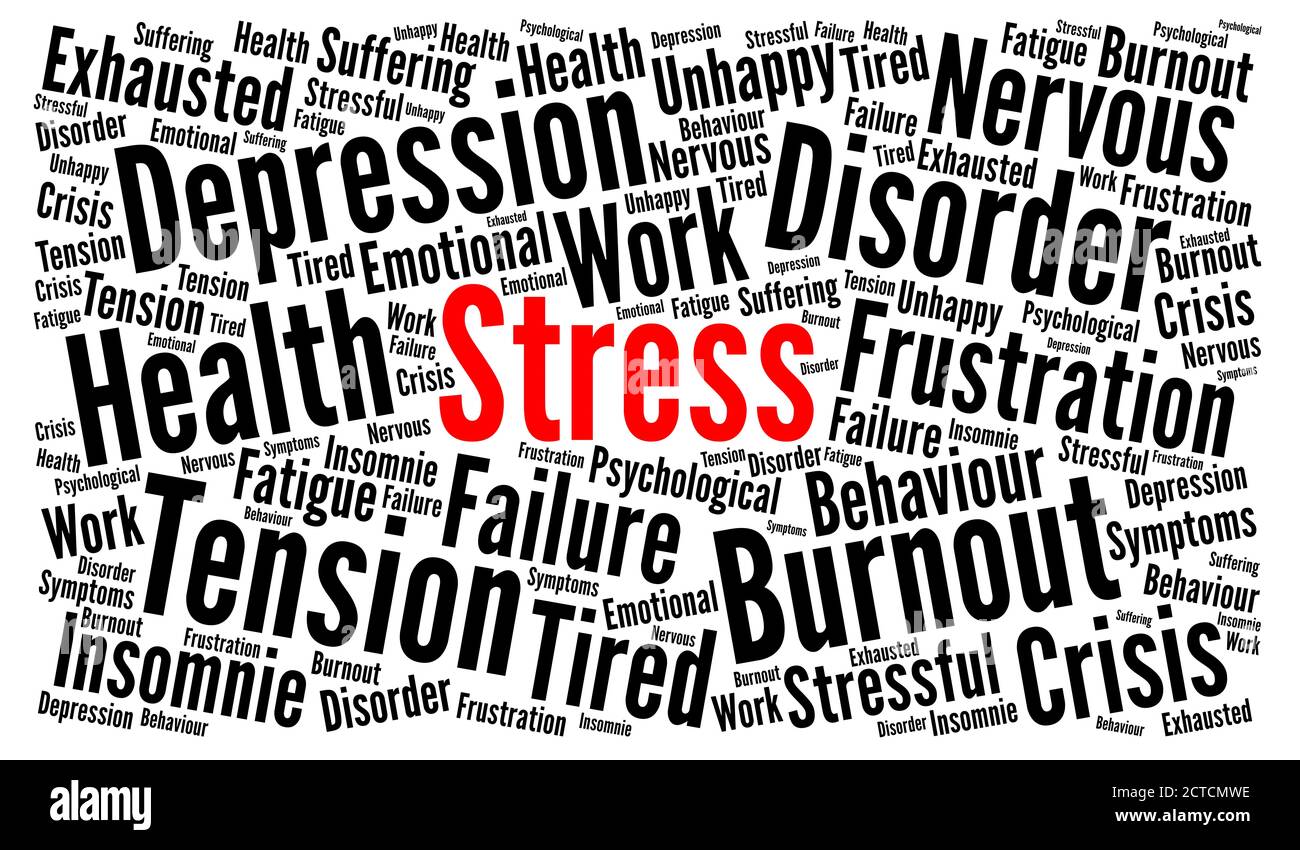10 Common Causes of Depression
Depression is a complex mental health condition that affects millions of people worldwide. Understanding its causes is crucial for effective prevention and treatment. In this article, we will delve into the ten common causes of depression, exploring biological, environmental, psychological, and lifestyle factors.
I. Introduction
Depression is more than just feeling sad; it’s a pervasive sense of despair that can significantly impact one’s daily life. As we explore the common causes of depression, it’s essential to recognize the intricate web of factors that contribute to this mental health condition.

II. Biological Factors
Genetic Predisposition
Research suggests a genetic link to depression, where individuals with a family history are more vulnerable. Understanding these genetic factors can pave the way for targeted interventions.
Neurotransmitter Imbalance
An imbalance in neurotransmitters, such as serotonin and dopamine, plays a crucial role in depression. Exploring how these chemical messengers influence mood helps us comprehend the biological underpinnings of the condition.
III. Environmental Influences

Traumatic Life Events
Experiencing trauma, whether in childhood or adulthood, can trigger depression. Unraveling the connection between traumatic experiences and mental health sheds light on preventive measures.
Chronic Stress
The daily grind can lead to chronic stress, a significant contributor to depression. Examining stress management techniques is vital in mitigating its impact on mental health.
Substance Abuse
The misuse of substances like alcohol or drugs often coexists with depression. Understanding the relationship between substance abuse and mental health is crucial for comprehensive treatment.
IV. Psychological Factors

Low Self-esteem
Individuals with low self-esteem are more susceptible to depression. Exploring strategies to enhance self-worth becomes a key aspect of preventing and managing depressive symptoms.
Negative Thought Patterns
Negative thought patterns contribute to the perpetuation of depression. Identifying and challenging these thoughts is a fundamental step in cognitive-behavioral interventions.
V. Lifestyle Choices

Poor Diet
Nutrition plays a role in mental health, and a poor diet can contribute to depression. Analyzing the impact of diet on mood underscores the importance of a balanced and nourishing intake.
Lack of Exercise
A sedentary lifestyle is linked to depression. Delving into the connection between physical activity and mental well-being emphasizes the role of exercise in preventing and managing depressive symptoms.
Sleep Disturbances
Disrupted sleep patterns often accompany depression. Understanding the bidirectional relationship between sleep and mental health is crucial for effective intervention strategies.
VI. Social Isolation

Impact on Mental Health
Social isolation can exacerbate depression. Examining the profound impact of loneliness on mental health emphasizes the importance of social connections.
Connection to Depression
Understanding how social isolation contributes to depression provides insights into developing interventions that foster social support and connectivity.
VII. Hormonal Changes

Puberty
Hormonal changes during puberty can influence mood and contribute to depression. Addressing the unique challenges faced by adolescents is essential for early intervention.
Menopause
Hormonal fluctuations during menopause may increase the risk of depression in women. Recognizing these challenges helps tailor interventions for women experiencing this life stage.
VIII. Chronic Illness

Role of Physical Health in Mental Well-being
Chronic illnesses often coexist with depression. Examining the bidirectional relationship between physical and mental health underscores the need for holistic healthcare approaches.
Conditions Linked to Depression
Exploring specific chronic illnesses linked to depression provides valuable information for both healthcare professionals and individuals managing these conditions.
IX. Medications

Side Effects Leading to Depression
Certain medications have side effects that can contribute to depressive symptoms. Understanding these potential effects guides clinicians in balancing the benefits and risks of pharmaceutical interventions.
X. Coping Mechanisms

Healthy Strategies to Prevent or Alleviate Depression
Exploring healthy coping mechanisms empowers individuals to proactively manage stress and challenges. Identifying effective strategies contributes to resilience and mental well-being.
XI. Seeking Professional Help
Importance of Therapy and Counseling
Seeking professional help is crucial in managing depression. Discussing the benefits of therapy and counseling reduces stigma and encourages individuals to access appropriate support.
Medication as a Treatment Option
Understanding the role of medication in treating depression provides a balanced perspective on the available therapeutic options. Clarifying misconceptions promotes informed decision-making.
Read More About 10 Tips To Improve Mental Health Naturally
XII. Support Systems

Role of Friends and Family
A strong support network is vital in managing depression. Recognizing the role of friends and family as pillars of support fosters a collaborative approach to mental health.
Building a Strong Support Network
Guidance on building a robust support network enhances resilience and promotes a sense of community. Encouraging open communication strengthens these essential connections.
XIII. Recognizing Symptoms

Common Signs of Depression
Recognizing the symptoms of depression is the first step in seeking help. Educating individuals about common signs facilitates early intervention and improved outcomes.
Early Intervention Benefits
Highlighting the benefits of early intervention emphasizes the importance of prompt action in managing depressive symptoms. Proactive approaches lead to better mental health outcomes.
XIV. Break the Stigma
Encouraging Open Conversations About Mental Health
Breaking the stigma surrounding mental health encourages open discussions. Normalizing conversations about depression reduces societal judgments and fosters empathy.
Reducing Societal Judgments
Addressing societal judgments associated with mental health challenges promotes inclusivity and understanding. Challenging stereotypes contributes to a more supportive environment.
XV. Conclusion
In conclusion, understanding the diverse causes of depression is crucial for effective prevention and management. By addressing biological, environmental, psychological, and lifestyle factors, individuals can take proactive steps towards better mental health.
FAQs (Frequently Asked Questions)
- Can depression be solely attributed to genetics?
- Genetics can contribute, but environmental and lifestyle factors also play significant roles.
- How can I support a friend with depression?
- Offering empathy, encouragement, and encouraging professional help can make a difference.
- Are all medications for depression associated with side effects?
- While many medications have side effects, the severity varies, and they should be discussed with a healthcare provider.
- Is depression a sign of personal weakness?
- No, depression is a complex condition with various contributing factors, and seeking help is a sign of strength.
- Can lifestyle changes alone alleviate depression?
- In some cases, lifestyle changes can be beneficial, but professional guidance is crucial for comprehensive care.





 Viesearch - The Human-curated Search Engine
Viesearch - The Human-curated Search Engine

47 Comments